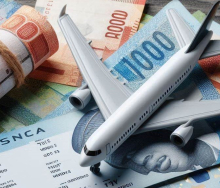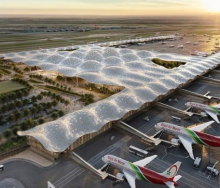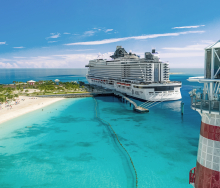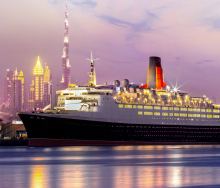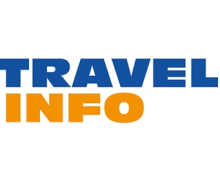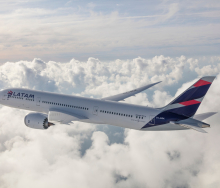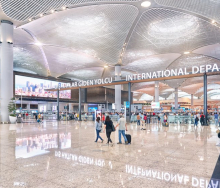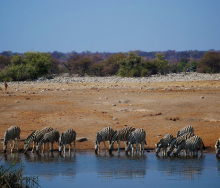While rail travel in Europe grows in popularity, with more operators entering the market and new routes added, South Africans are unlikely to see the benefits reflected in more affordable pricing any time soon.
Despite increased supply and the promise of more competition, experts say that fares for South Africans using European and UK rail networks are unlikely to come down. In some cases, prices may even increase.
Corné Kotze, Senior Rail Specialist and Product Manager at Europe by Train, the GSA for Trenitalia, says rail companies don’t build commission into their fares, so all intermediaries have to add their own mark-ups. “This is where the higher cost comes from,” says Kotze.
She adds that train companies already face high operating costs, and often charge additional service fees, making rail a relatively expensive option – especially when bought from South Africa.
Growing demand across Europe
According to UK high-speed rail operator, London St. Pancras Highspeed, cross-Channel train travel is expected to triple over the next 15 years, from 11 million to 35 million passengers annually.
“This points to the biggest transformation in international high-speed rail travel in a generation. Passengers are increasingly choosing rail over air for climate reasons and because they like the convenience and comfort of direct city centre to city centre travel,” said Robert Sinclair, CEO of London St. Pancras Highspeed.
This surge in demand isn’t just an international phenomenon. According to Kotze, South African corporate travellers favour rail in Europe, especially in light of expected legislation that is likely to require them to report on carbon emissions.
On the other hand, leisure travellers require more convincing and education about other countries’ extensive rail networks, and the benefits of travelling by train, including sustainability.
Increasing supply
While Europe’s rail networks have long been dominated by national carriers such as Deutsche Bahn, Eurostar, SNCF and Renfe, that monopoly is being challenged.
Currently, the English Channel Tunnel is operated at just 50% capacity with Eurostar as the sole operator, according to London St. Pancras Highspeed. However, the UK railway regulator, Office of Rail and Road, recently gave the green light to new operators, including Trenitalia, Richard Branson’s Virgin Trains, and the start-up Gemini Trains.
Additionally, an agreement between St Pancras and Eurotunnel, the operator of the Channel Tunnel, is expected to reduce cross-channel travel times, improve timetable coordination and incentivise more services and routes.
“With collective determination and action, we can triple passenger numbers, lower fares, and unlock new destinations across Europe. Our growth incentive is a catalyst to help make this vision a reality by supporting operators to introduce new services faster, shaping an exciting future for international rail,” Sinclair said in the report.
The implications for South African travellers
Despite this progress, Kotze is less optimistic about the impact on South African travellers.
Even with increased capacity and competition, South African agents face limited servicing capabilities due to the lack of GSAs and direct partnerships with European rail providers.
“Some of these agencies go as far as the sale and then would advise the travellers to contact the railway companies themselves should they need help with changes, refunds or cancellations,” says Kotze.
At the end of March, South Africa lost its only Rail Europe GSA, World Travel, as reported by Travel News.
Kotze notes that, although Europe by Train is developing an online booking system with fares from its suppliers, agents still prefer communicating with a person, especially for complex train bookings. This lack of local support is likely to continue to limit European train travel uptake in South Africa.


